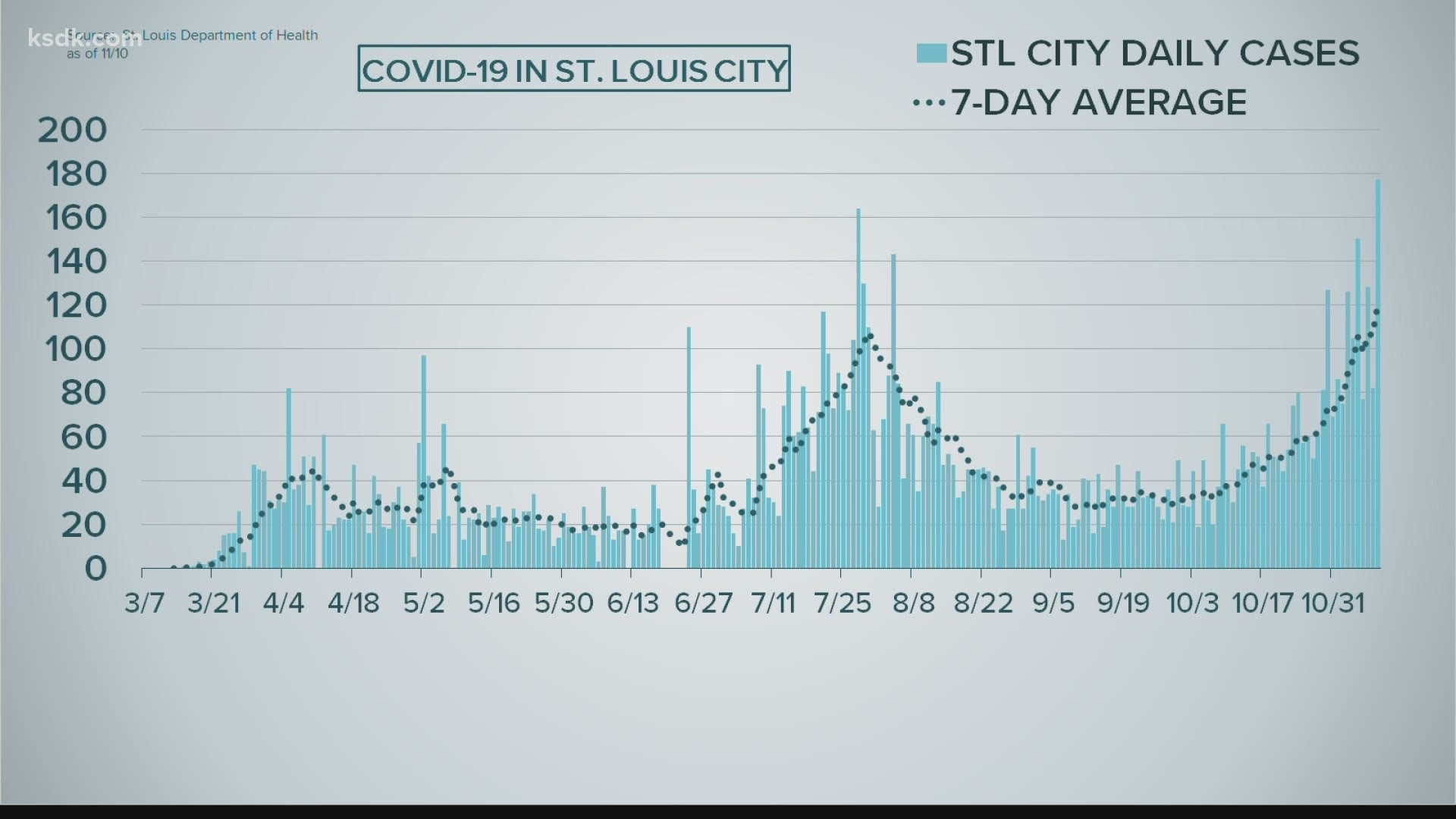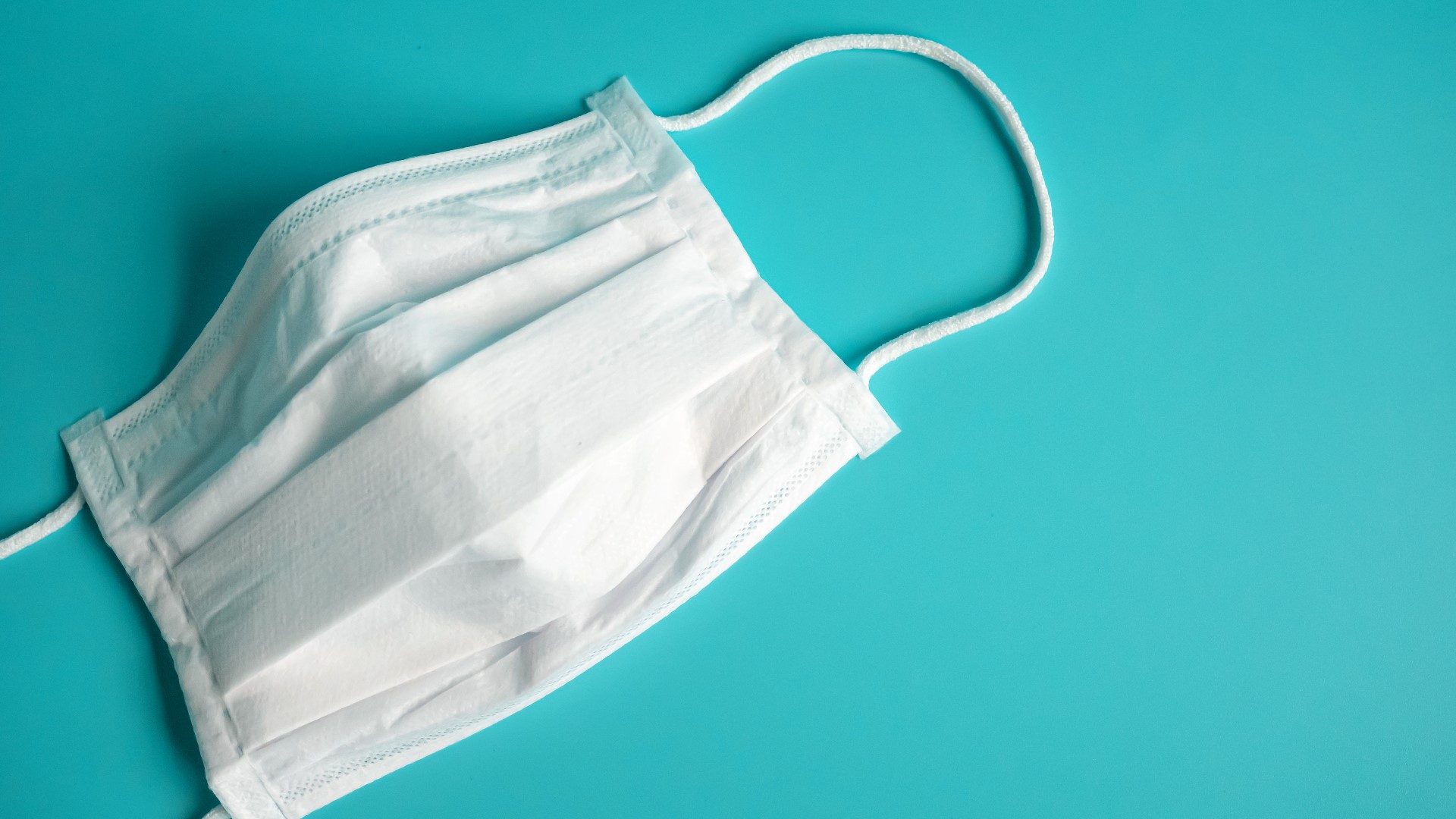ST. LOUIS — An antidepressant may prevent serious illness in COVID-19 patients, a preliminary study by Washington University School of Medicine in St. Louis researchers recently found.
According to WashU, in its early study of COVID-19 patients with mild-to-moderate disease who were trying to recover in their homes, researchers found that the drug fluvoxamine seems to prevent some of the most serious complications. It also made the need for hospitalization and supplemental oxygen less likely.
The study involved 152 patients infected with SARS-CoV-2, the virus that causes COVID-19.
Researchers compared the outcomes of those treated with fluvoxamine to the outcomes of those given an inactive placebo.
Here's what they found: after 15 days, none of the 80 patients who had received the drug experienced serious clinical deterioration. Meanwhile, six of the 72 patients given placebo (8.3%) became seriously ill, with four people requiring hospitalization.
WashU said the study was published online Nov. 12 in the Journal of the American Medical Association.
Eric J. Lenze, MD, said the patients who took fluvoxamine did not develop serious breathing difficulties or require hospitalization for problems with lung function.
“Most investigational treatments for COVID-19 have been aimed at the very sickest patients, but it’s also important to find therapies that prevent patients from getting sick enough to require supplemental oxygen or to have to go to the hospital. Our study suggests fluvoxamine may help fill that niche,” he added.
What is fluvoxamine?
Fluvoxamine is commonly used to treat obsessive-compulsive disorder, social anxiety disorder and depression. It is in a class of drugs known as selective serotonin-reuptake inhibitors (SSRIs), but unlike other SSRIs, fluvoxamine interacts strongly with a protein called the sigma-1 receptor. That receptor also helps regulate the body’s inflammatory response.
“There are several ways this drug might work to help COVID-19 patients, but we think it most likely may be interacting with the sigma-1 receptor to reduce the production of inflammatory molecules,” said senior author Angela M. Reiersen, MD, an associate professor of psychiatry. “Past research has demonstrated that fluvoxamine can reduce inflammation in animal models of sepsis, and it may be doing something similar in our patients.”
Fluvoxamine's effects on inflammation could prevent the immune system from mounting an overwhelming response, according to Reiersen.
WashU said the study also was conducted remotely.
Here's how it worked: WashU said when a symptomatic patient tested positive for the virus and enrolled in the study, medication or inactive placebo was delivered to them. They also brought the patients thermometers, automatic blood pressure monitors and fingertip oxygen sensors.
“Our goal is to help patients who are initially well enough to be at home and to prevent them from getting sick enough to be hospitalized,” said Caline Mattar, MD, an assistant professor of medicine in the Division of Infectious Diseases. “What we’ve seen so far suggests that fluvoxamine may be an important tool in achieving that goal.”
The patients took either fluvoxamine or placebo sugar pills while having daily interactions with the research team by phone or computer.
“The good news is that not a single person taking the active medication experienced deterioration,” Reiersen said. “We believe this drug may be the reason, but we need to study more patients to make sure.”
WashU said the researchers will do a larger study in the next few weeks.




